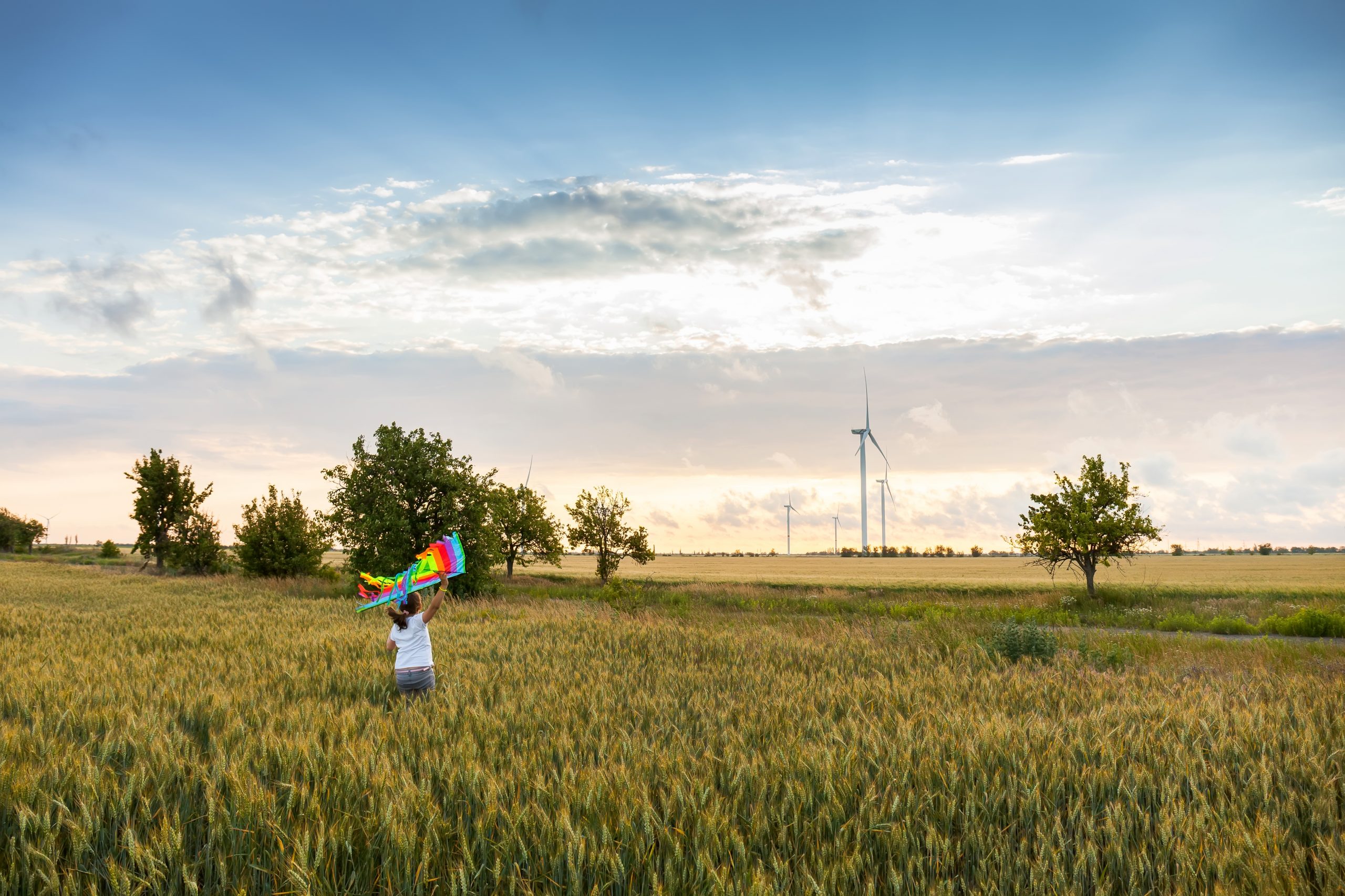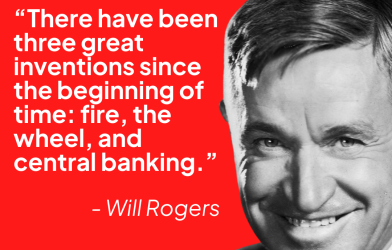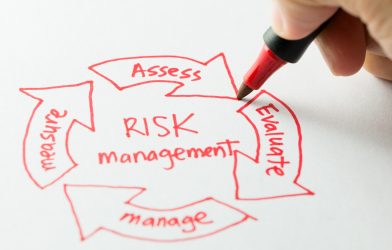In today’s world, sustainability has become more than just a buzzword—it’s an essential aspect of building a successful business that positively impacts the planet. If you’re thinking about starting a sustainable business, you’re embarking on a journey that prioritizes environmental responsibility, social equity, and economic viability.
The first step is to clearly define your purpose and values. Ask yourself what environmental or social issues you want to address and how your business can make a positive impact. Establishing a strong mission statement that reflects your commitment to sustainability will guide your business decisions and attract like-minded customers and employees.
Next, consider which sustainable business model suits your idea best. For example, you might be drawn to the circular economy, which focuses on reducing waste and promoting the continuous use of resources. Alternatively, you could explore a social enterprise model that combines profit-making with social impact, reinvesting profits into community projects or social causes. If your focus is primarily on environmental friendliness, a green business model that prioritizes renewable energy and eco-friendly products could be the right choice. Whatever model you choose, tailor it to fit your specific vision.
A well-thought-out business plan is essential, especially for a sustainable venture. Your plan should outline your mission, target market, competitive landscape, marketing strategy, and financial projections. Additionally, set specific sustainability goals, such as reducing carbon emissions, using recycled materials, or supporting fair trade practices. This will give you a roadmap to follow and help communicate your commitment to sustainability to potential investors and customers.
Choosing sustainable materials and suppliers is a critical aspect of your business. Seek out suppliers who prioritize eco-friendly practices, such as using organic or recycled materials, reducing waste, and ensuring fair labor practices. A transparent supply chain is vital for building trust with your customers and stakeholders.
Incorporate environmentally friendly practices into your daily operations. This might mean using energy-efficient appliances, lighting, and renewable energy sources like solar panels. Implement recycling programs, reduce packaging, and encourage digital communication to minimize paper use. Sustainable packaging, such as biodegradable, recyclable, or reusable materials, can also make a significant difference. Moreover, encourage your employees and customers to adopt sustainable habits as well.
Educating your audience about your values and practices is another essential aspect. Use your website, social media, and other marketing channels to share your sustainability efforts, such as reducing waste, supporting ethical practices, or participating in community initiatives. Being transparent and authentic will help you build a loyal customer base that shares your commitment to sustainability.
Measuring and reporting your business’s environmental and social impact is crucial. Regularly track metrics like energy consumption, waste reduction, and community involvement. This data will help you assess your progress, identify areas for improvement, and share your achievements with your customers and stakeholders. Reporting your impact shows accountability and helps build trust.
Lastly, remember that sustainability is an ongoing journey. Continuously seek new ways to improve your business’s environmental and social impact. Stay informed about the latest trends, technologies, and regulations in sustainability. Engage with your customers, employees, and community to gather feedback and explore new opportunities for growth and innovation.
Starting a sustainable business is not only beneficial for the environment and society but can also lead to long-term financial success. By defining your purpose, choosing a sustainable business model, sourcing eco-friendly materials, and engaging your audience, you can create a business that makes a positive impact. Remember, sustainability is a journey, and every step you take contributes to a better future for all.














